(Updated on 6 Sep 2022)
They say a pet is a friend and companion for life, but the rising number of abandoned pets in Singapore seems to say differently.
In the last five years, the cases have spiked especially after the economy opened post Covid-19 pandemic as Singaporeans return to work full time.
An October 2021 survey by pharmaceutical company Boehringer Ingelheim Animal Health Singapore of more than 1,000 pet owners broadly representative of the population in Singapore found that about 30 per cent of pets were acquired during the pandemic. Nearly half the respondents were first-time owners.
They cited companionship as their top reason for getting a pet, alongside other factors such as providing emotional support.
But as Singaporeans resume socialising, working, and travelling in 2022, what is to become of these pandemic pets?
Minister of State for National Development Tan Kiat How told Parliament in March there were 225 cases of alleged pet abandonment investigated by the Animal and Veterinary Service (AVS) last year (2021). AVS is a cluster formed under the National Parks Board (NParks) in April 2019.
The 225 cases were 10 more than the year before and of these cases, half involved cats. Cat rescuers tell TheHomeGround Asia the law does not require cat owners to microchip or register their felines so many think they can abandon their feline companions and get away with it.
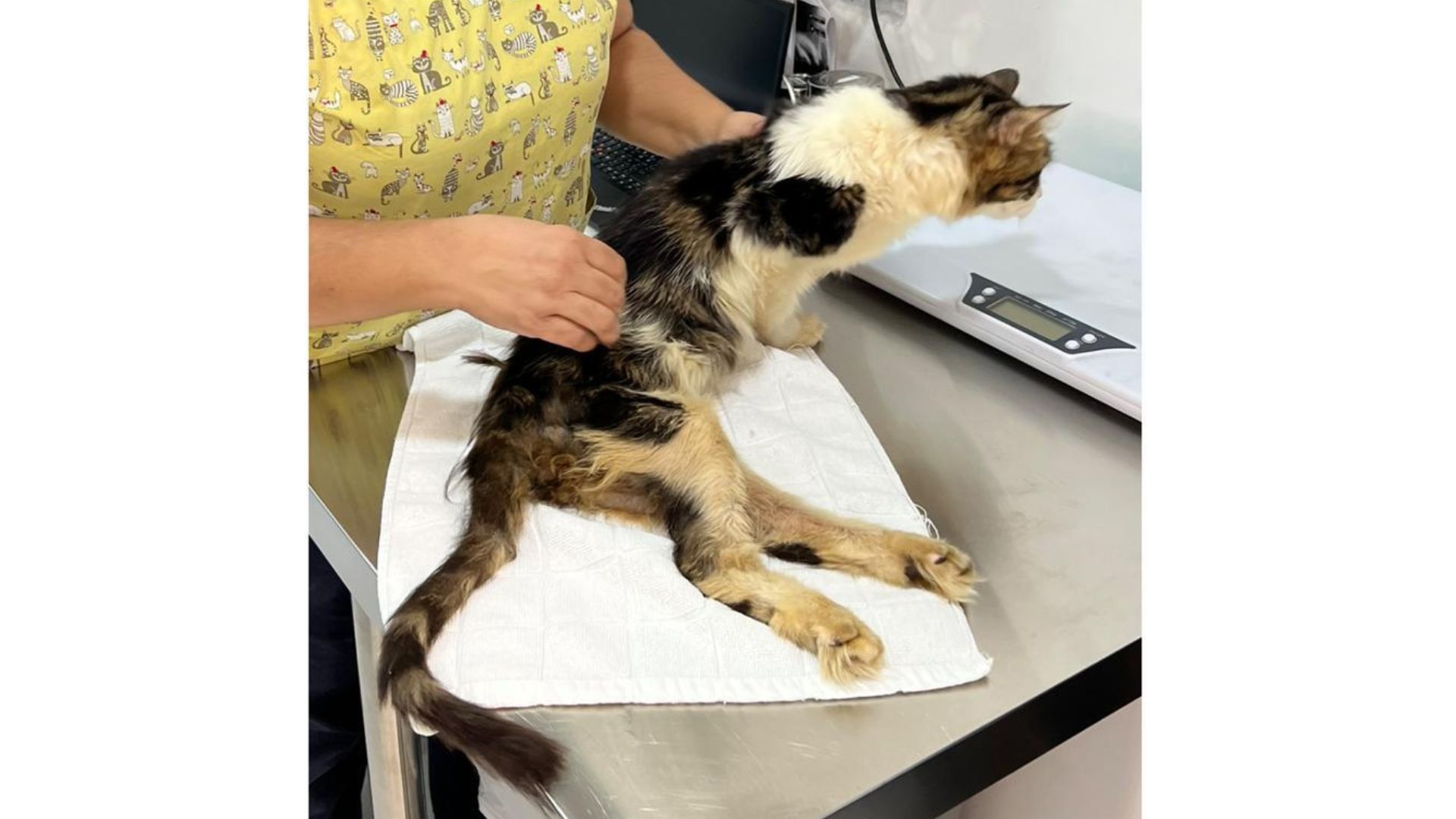
Dumped when no longer wanted, needed
One case in point is Caleb, a Maine Coon mix, was found at Telok Blangah at the start of August. Paralysed in his back legs, he was believed to have fallen from a high place and was allegedly dumped by his owner. He was in a critical condition and “in shock, with his blood pressure falling fast and his breathing belaboured”, according to his rescuer Hani Abdul Rahman. She had taken him to the veterinary clinic after picking him up.
Just two days under intensive care at the clinic, Caleb’s bill was more than $3,000. Fortunately, friends and cat lovers rallied on social media to help raise funds for his medical needs.
Caleb has succumbed to her condition.
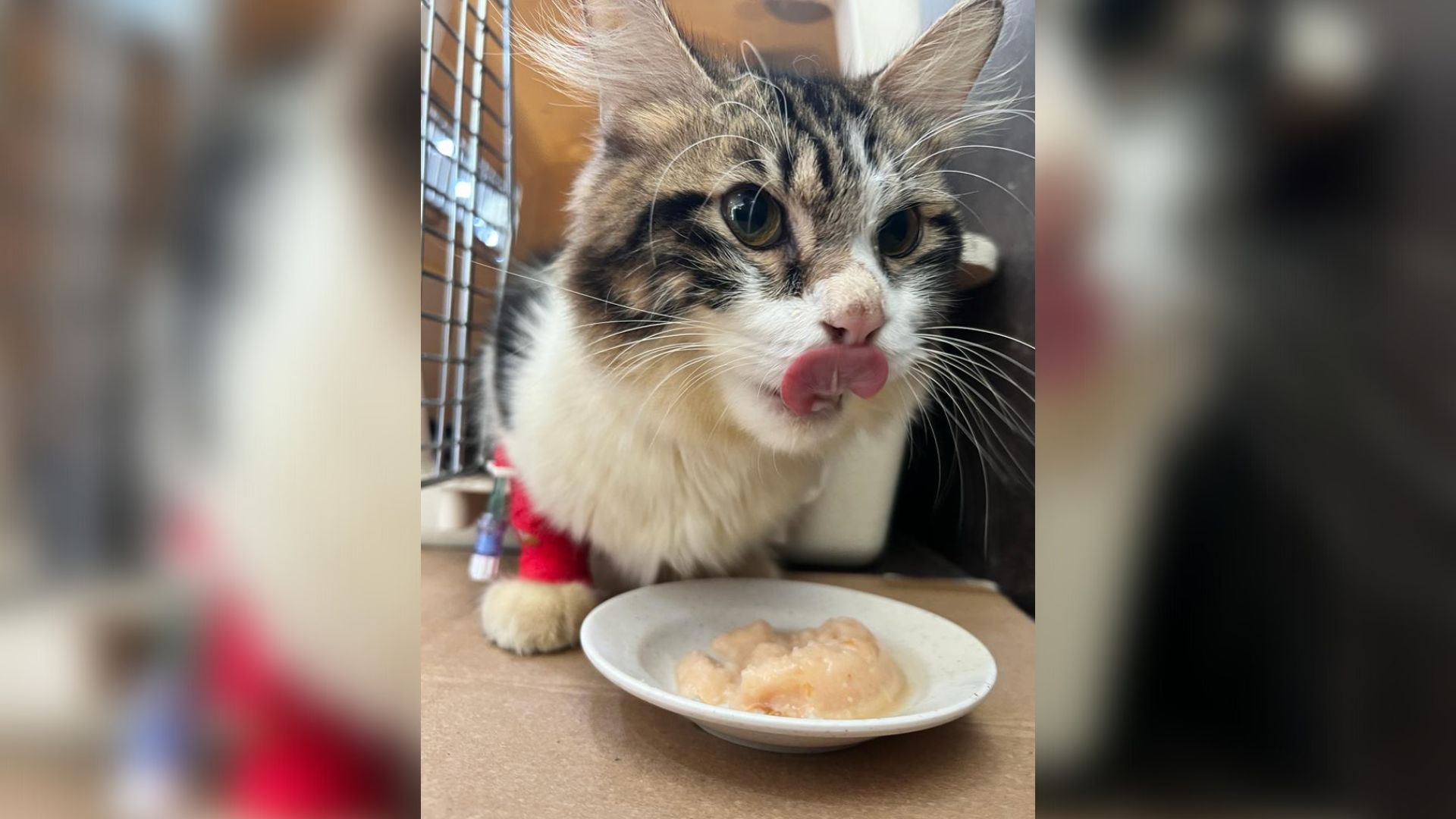
Ms Hani says many people feel lonely at home during the circuit breaker that they either buy expensive pure breeds, forking out thousands of dollars, or adopt kittens either from shelters or picked off the streets.
“Now that the kittens have grown and are no longer cute, and they have to return to work full time, they find it troublesome to care for them. Also vet bills are high when the cats get sick so it is easier to dump them. After all these owners believe that there are feeders around and they can help take care of the cats,” Ms Hani says, adding that pet abandonment cases have risen even more rapidly since people returned to work.
Even animal welfare groups in Singapore have seen a 30 per cent increase in the number of abandoned pets. They agree with Ms Hani that the hike became more apparent nine months ago, when the economy started to open up and normalcy restored.
Ms Thenuga Vijakumar, who is the current president of the Cat Welfare Society (CWS), says abandonment can usually be traced to a simple root cause – the inability to continue providing.
“There are several reasons. One is the family jumped into the purchase or adoption without understanding the full time and resource commitment or when someone in the family changed his or her mind. This is always going to happen unless all adopters and buyers are educated on their obligations and expectations,” she says.
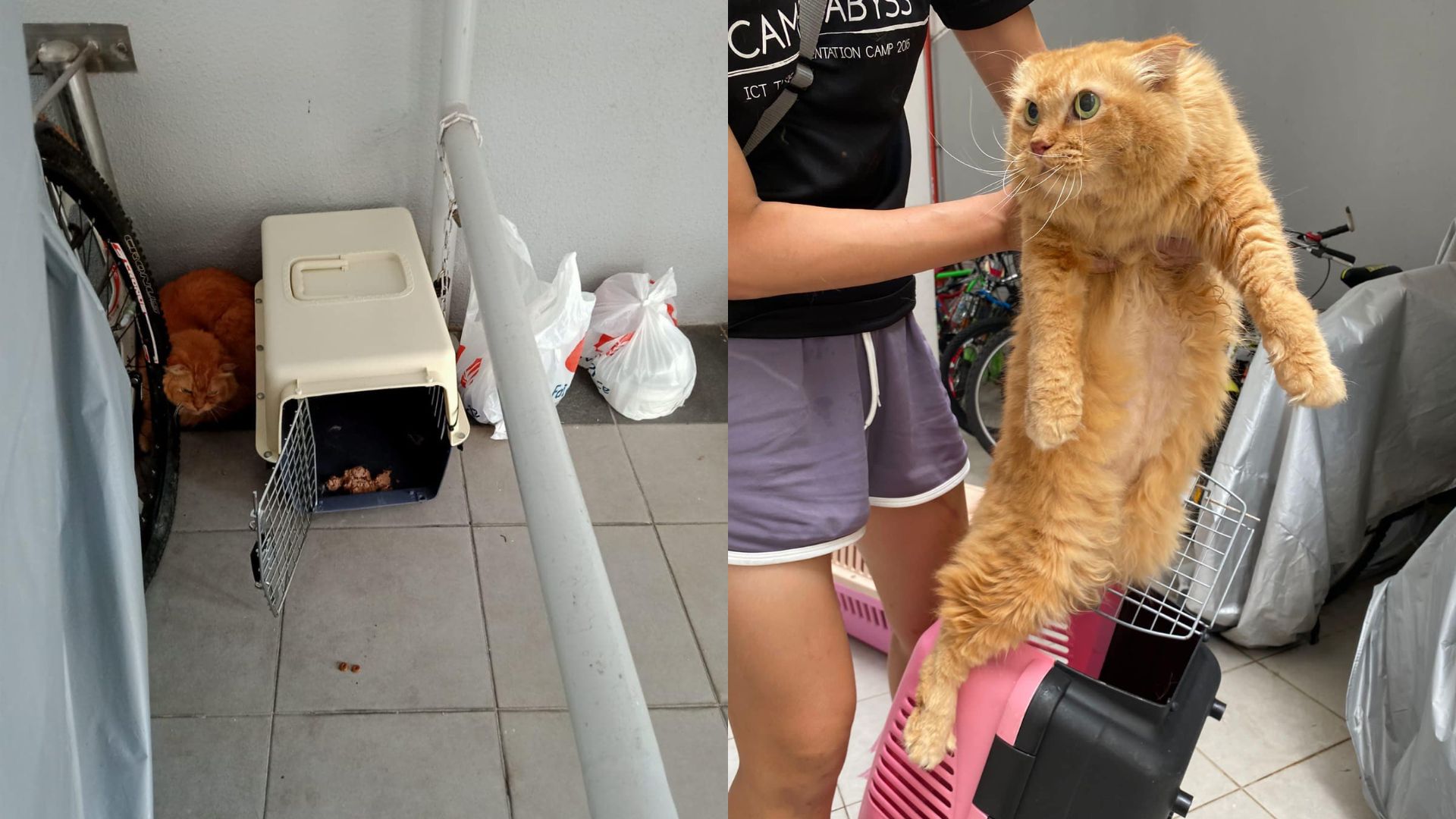
Ms Thenuga says the other reason for abandoning the cats is when the family is “unable to feed all the mouths – usually because of a lack of sterilisation”.
“This occurs when people are not aware of (the need for sterilisation), are illogically resistant to it for whatever reasons, or most commonly, they can’t afford it,” she says.
Choosing furry companions over jobs
Elsewhere in the world, instead of abandoning their pets, pet owners seem to be choosing their pets over their jobs as offices reopen.
An example is the United States. As companies there look to reopen their offices, thousands of pet owners are experiencing anxiety and moments of emotional turmoil while contemplating on how to properly care for their pets if they had to leave them alone to work long hours, five days a week.
A number of polls have shown that they worry about how returning to the office would impact their pets, particularly when the Covid-19 crisis created situations in which many people rarely left their pets’ side.
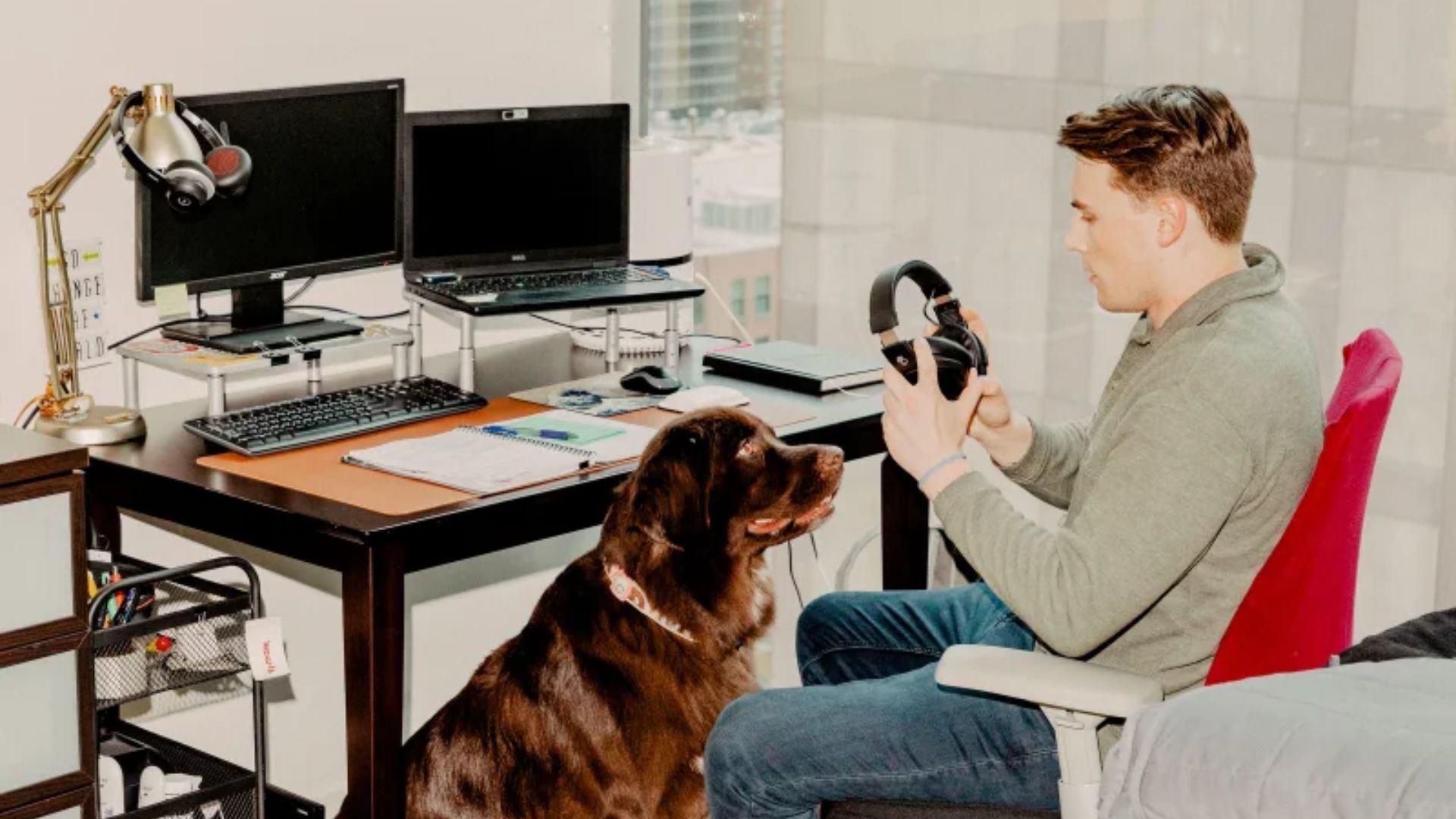
In the summer of 2020, a survey of 3,000 pet owners found that 1 in 5 worried their pets would have separation anxiety. In the spring of 2021, as vaccinations augured a return to normal life, another survey found this fear shared by almost 7 in 10.
Doctor of veterinary medicine and a veterinary behaviourist in Los Angeles Dr. Rachel Malamed told Yahoo Life in 2021 that as people return to work, her clinic saw “a surge of separation anxiety”.
“Dogs that were adopted during the pandemic and were never accustomed to the lifestyle of being away from their owners regularly may be more likely to exhibit signs of anxiety. Some dogs that were previously treated for separation anxiety and had improved are now regressing with this sudden change in routine,” she added.
Crime and punishment
And when it comes to abandoning pets, it is still difficult to prove, especially when the animal is not registered or microchipped. SPCA executive director Aarthi Sankar told Mothership in April that while the organisation is confident that the vast majority of pet owners will not abandon their pets, “we are mindful of the rising trend and are concerned about the possibility of lockdown pets being abandoned as Covid-19 restrictions ease”.
Both SPCA and AVS remind the public that abandonment of pets is a crime and is punishable by law. AVS says it “takes a serious view of pet abandonment, and all acts involving failure in the duty of care for pets”. Those found guilty of pet abandonment can be charged under the Animals and Birds Act, where first-time offenders face a maximum fine of $10,000, or a jail term of up to 12 months, or both.
“We will continue to review the penalties under the Act to ensure that they remain effective in deterring acts of pet abandonment,” Group Director of AVS (NParks) Jessica Kwok says in an email reply to TheHomeGround Asia.
She says that AVS investigates all feedback on alleged pet abandonment and will take enforcement action as appropriate.
“There is a due process in our investigation which involves the gathering of evidence through various means such as veterinary reports, reviewing CCTV and video footage, conducting surveillance and interviewing witnesses as well as suspects. Where appropriate, we also work with animal welfare groups and other agencies. As with all investigations, all forms of evidence are crucial to the process and photographic and/or video-graphic evidence provided by the public will help,” she says.
AVS says it has investigated 225 cases of alleged pet abandonment in 2021 and actions were taken against offenders when there was evidence of the deed. The agency cited several examples.
Titus Nathan Lourdunathan who abandoned a Shetland Sheepdog he had adopted, leaving it tied to an aircon compressor at the void deck of an HDB block. He did not apply for a licence for the dog, which was found with a suspected cancerous lump. In June 2019, Titus was taken to task and fined $3,500.
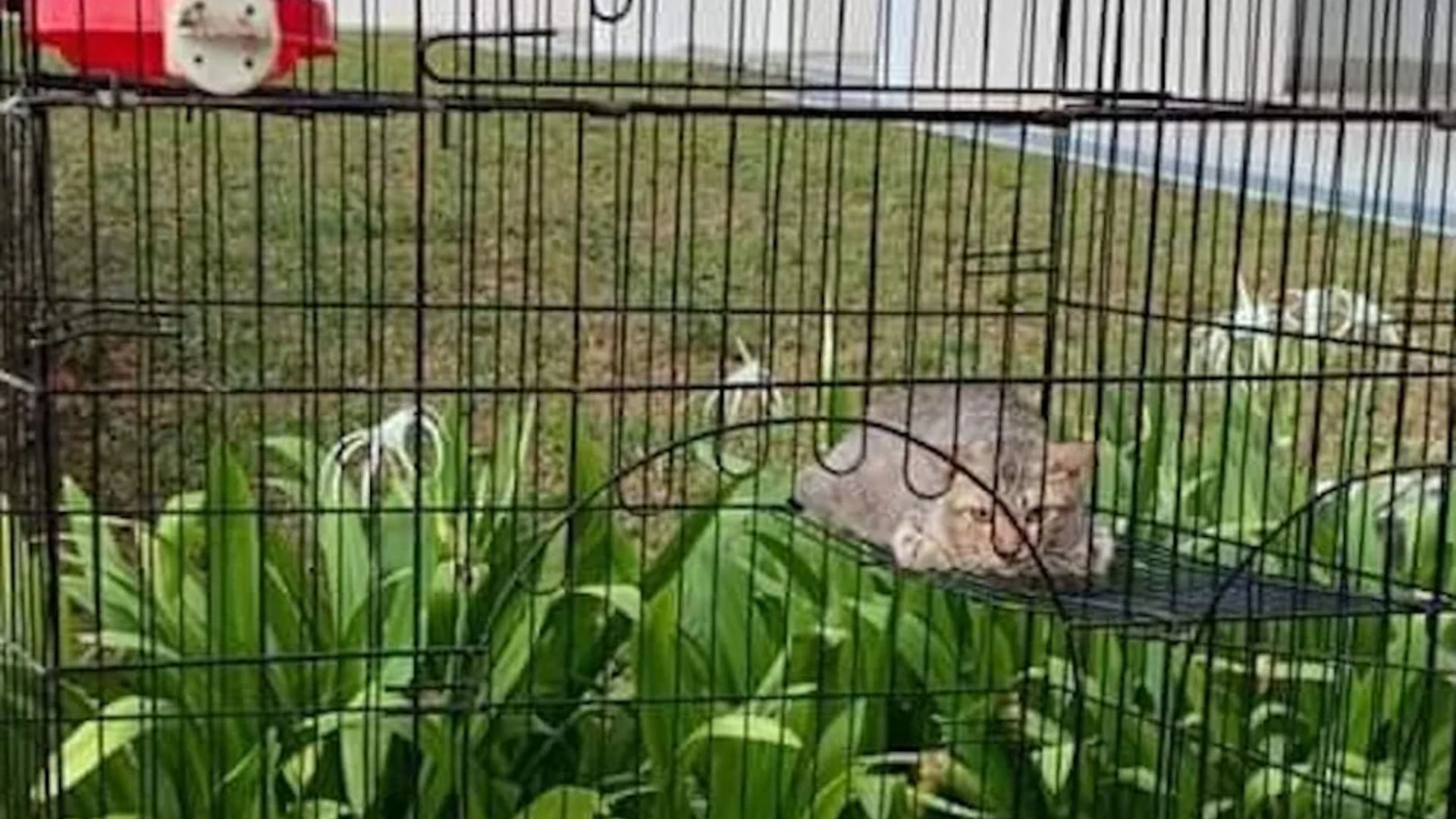
In February 2021, Nur Hajjar Osman was fined $4,000 and banned from owning pets for a year after she abandoned 16 cats in Punggol. All 16 cats were rescued by AVS. That same month, Claudia Lee Siu Mun was slapped with a $2,400 fine for placing 10 hamsters in a plastic bag and abandoning them at a pet shop along Alexandra Road. The hamsters had since been successfully rehomed.
Rescuers feel that the fines are too lenient and some of these culprits tend to reoffend “since they can afford to pay the fine”. Ms Thenuga tells TheHomeGround Asia that its current focus is on the prohibition against a convicted individual owning pets. The current term for that is 12 months, which many agree is “blatantly insufficient and lacking as even a practical deterrent to any animal abuser”.
CWS, on its site, is proposing a two-pronged approach:
Firstly, the disqualification order be increased to a minimum of five years and a maximum of a lifetime-disqualification; and
Secondly, more powers should be granted to the investigation officer or other appropriate authority together with a mental health practitioner to regularly check-in with the freed individuals to assess their mental state.
“We take the view that the five-year period of follow-up provides the authorities sufficient time and data to establish a pattern of behaviour or make meaningful observations as to the mental state of the freed individual and their ability to own a pet. Given that only approximately 25 individuals have been prosecuted for animal abuse or cruelty over the past five years, there should not be any significant strain on the public service officers even if the disqualification term is extended or the officers are required to conduct routine check-ins,” Ms Thenuga wrote on the site.
Education to create awareness, compassion
Ms Kwok says AVS will continue to work with animal-sector stakeholders such as animal welfare groups and veterinarians to raise awareness of the community and potential pet owners on responsible pet ownership and reinforce the message on the commitment of owning a pet.
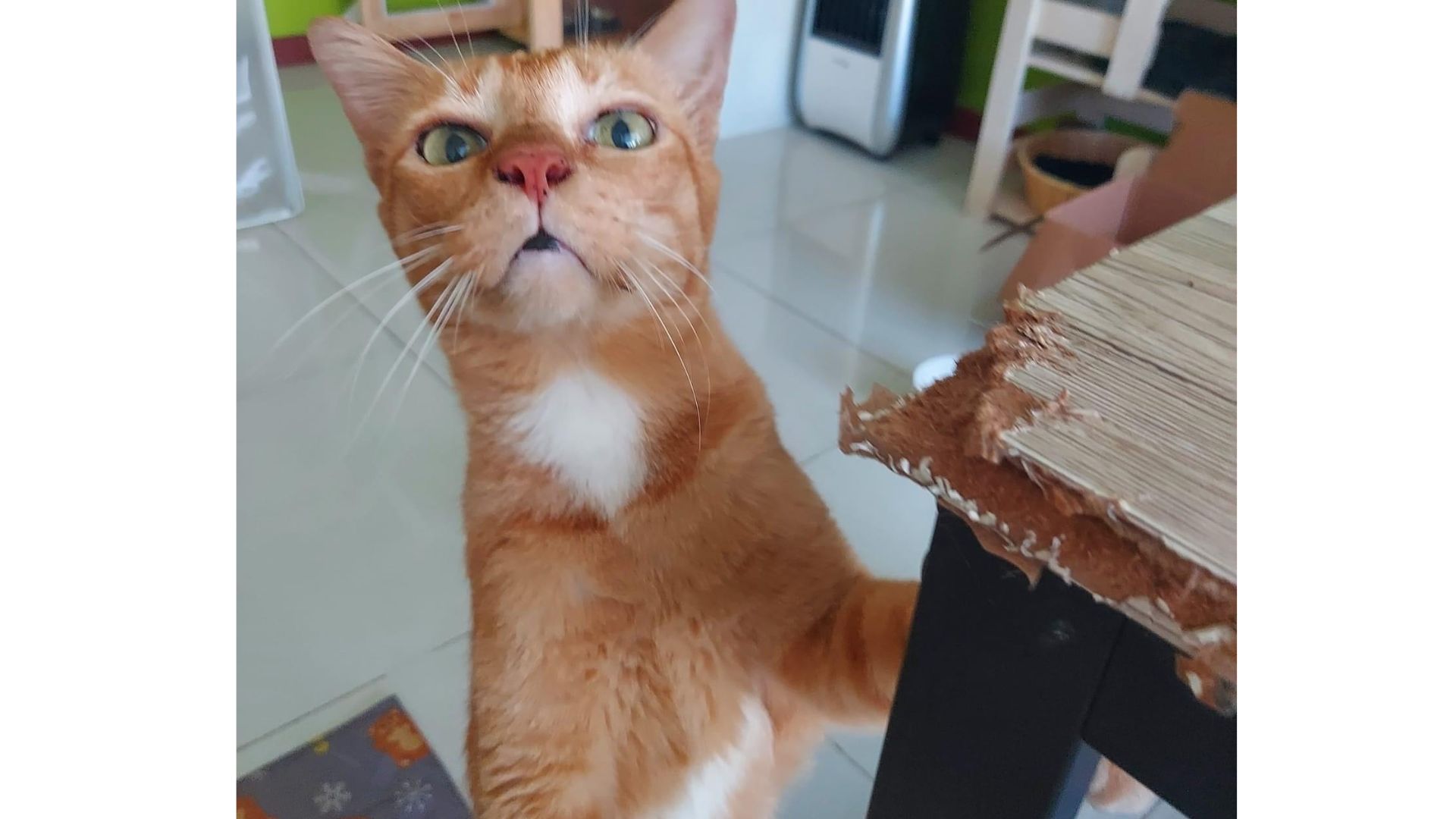
She says AVS currently reaches out to different segments of the public through events such as its monthly Pets’ Day Out, talks, roving exhibition panels, school plays and resource packages for schools.
“We also work closely with stakeholders, such as animal welfare groups and veterinarians to promote responsible pet ownership and adoption. Members of the public can find out more about responsible pet ownership through our website and our AnimalBuzz Facebook page,” she adds.
Despite pushing for greater deterrence, Ms Thenuga agrees with Ms Kwok that education to create awareness can prevent pet abandonment. To discourage the purchase of kittens, CWS has been educating on and advocating adoption over purchase for a decade now.
“We have developed questionnaires, educational material and contract templates. We also provide several platforms for adoption – physical adoption drives, online adoption boards and Instagram stories,” she says.
As for encouraging cat owners to have their pets sterilised, this is addressed through direct education, that is, door to door.
“Our view is that we need clear legislation on sterilisation. Many families have had livelihoods so significantly affected by Covid-19 that they were unable to neuter their cats and the overpopulation in homes led to the abandonment. This is why CWS introduced the Pet Cat Sterilisation Scheme in Nov 2020. We were neutering 250 cats a month which has slowly stabilised now to about 150,” Ms Thenuga adds.
“With our continued outreach and education efforts, the public can play an active role in creating a highly liveable environment, and co-exist with animals in our City in Nature,” Ms Kwok sums.
RELATED: Give a senior pet a loving home
Join the conversations on TheHomeGround Asia’s Facebook and Instagram, and get the latest updates via Telegram.




























